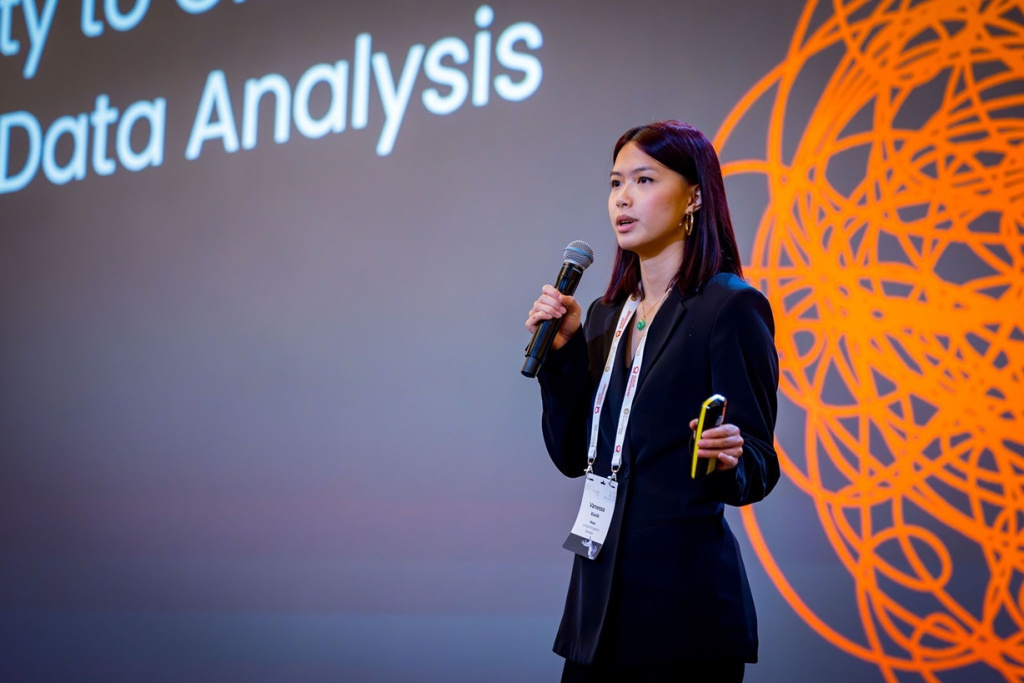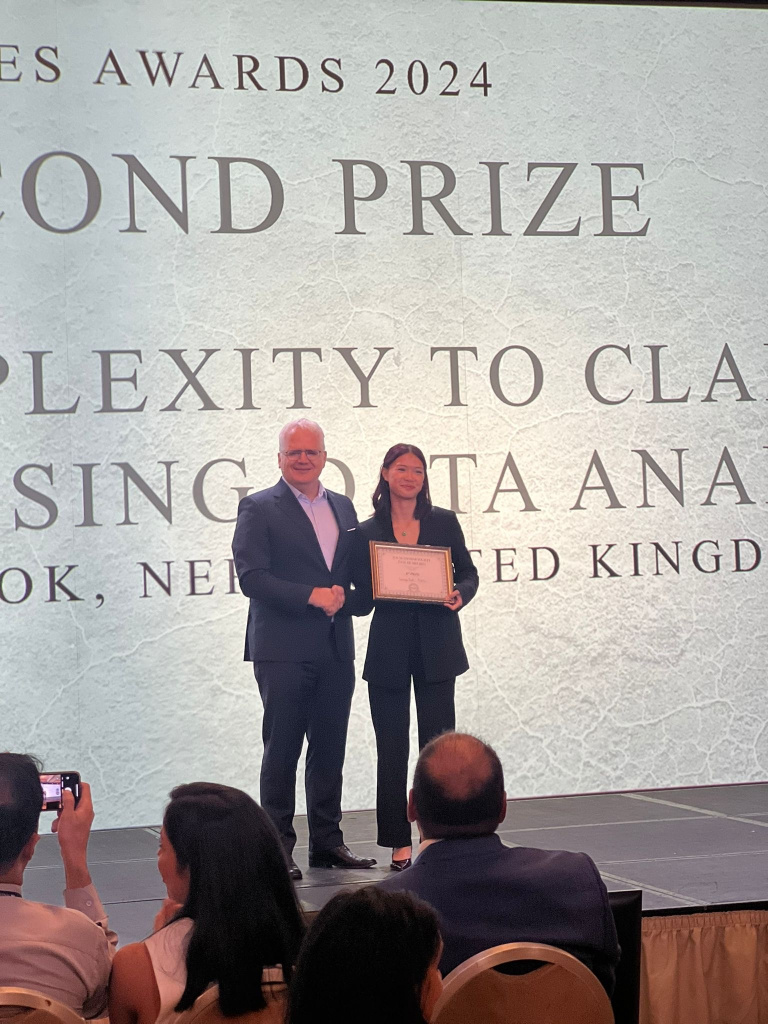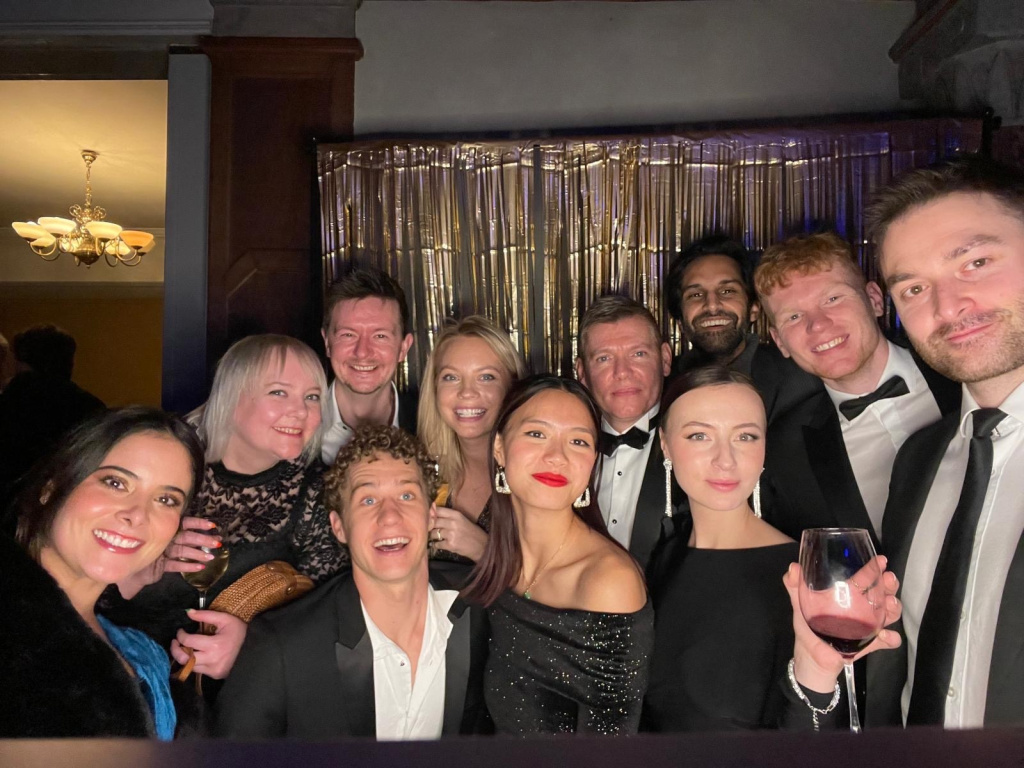30Under30 Nominee: Vanessa Kwok

Great to hear from Significant Insights Global 30 under 30 nominee Vanessa Kwok, a data scientist at Nepa who recently came second place at ESOMAR 2024’s YES awards for her pitch on data democratisation.

So, how did you get into the industry, and take us through how you got to this point?
After graduating from UCL last year, I realised what I loved most from my psychology degree was learning to code and apply statistical methods to answer research questions. This realisation led me to pursue a data scientist role at Nepa, which perfectly blended the research and programming skills I had developed with practical, real-world applications for businesses and consumers. Since then, I’ve had the opportunity to work on diverse projects with various clients and different research methods, and I’m excited to continue expanding my knowledge and expertise in this industry.

Why should anyone consider a career in market research, data and insights?
A career in this field is particularly rewarding because your work can directly inform marketing strategies. It’s satisfying to know that the insights you uncover about consumer behaviour can impact a company’s decisions. Additionally, the ever-changing market landscape requires you to constantly learn new research methods and adapt to new technologies, which I believe is very valuable as you build up a wide range of skills and industry knowledge. I also like how market research requires both analytical and creative thinking. While data and insights may not seem like a creative field at first glance, you always have to find innovative ways to analyse data and transform it into a compelling story to answer clients’ business questions.

What are you most proud of from your career so far?
I’m most proud of securing second place at this year’s ESOMAR 2024 YES awards, where I shared the importance of data democratisation to professionals from across the global market research industry. It was an invaluable opportunity for me to showcase my work, connect with industry leaders from diverse backgrounds, and build my own personal brand.

What two things should junior researchers focus on as they progress in their careers?
Be inquisitive: Ask lots of questions and stay curious. Asking questions often opens up conversations on how to improve current methodologies or ways of working that may be overlooked, even by industry experts. As a junior researcher that’s new to this field, you have the advantage of bringing in a fresh perspective. While it can be intimidating to challenge long-established processes, being bold and willing to suggest new approaches is how meaningful change happens.
Always be eager to learn more: As I’ve mentioned before, the market research landscape evolves rapidly, so it’s important to keep updated with emerging trends and be open to adopting new methodologies. Junior researchers should actively seek out opportunities to expand their skill set – this may be through using new data analysis tools, learning about the latest research methodologies, or understanding shifts in consumer behaviour.

Do you have any advice for our sector?
Democratise your data! Data democratisation isn’t just about making data accessible, but it’s also about equipping everyone in an organisation with the right tools to interpret complex data. In my ESOMAR presentation, I shared a tool I developed that made statistical modelling accessible to non-technical team members, and discussed how democratising data this way can ignite positive change in the industry. It goes beyond improving efficiency; it integrates diverse perspectives and encourages cross-functional collaboration within organisations. This is particularly important today with the rise of AI in market research. We need to think about democratising AI capabilities so that everyone can use these tools to derive meaningful insights – regardless of their technical background.

And do you have anyone who has helped your career so far that you’d like to acknowledge and say thanks or give a shout out to?
I’d like to thank my Nepa colleagues, and particularly my manager Patrick Dünzinger, for giving me the opportunity to grow and develop as a data scientist while providing unwavering support along the way. I’d also like to shoutout Karen Chandler, who pushed me to apply for the 2024 YES awards, and who I wouldn’t have been able to win second place without.
